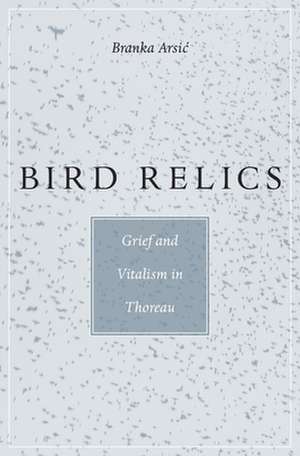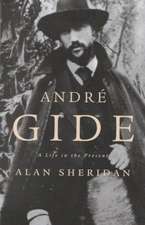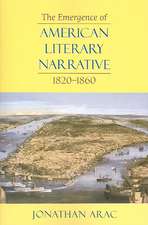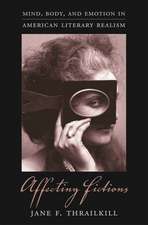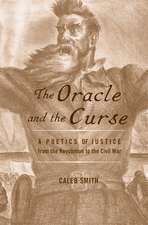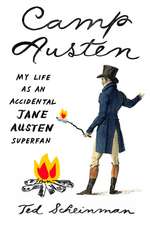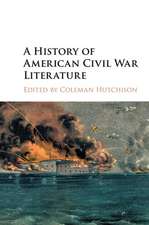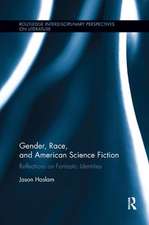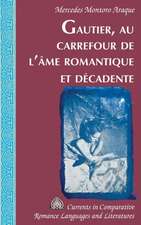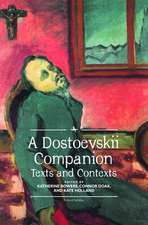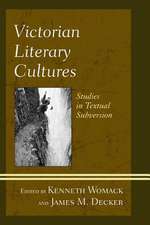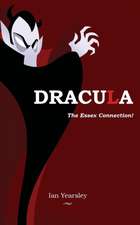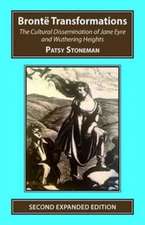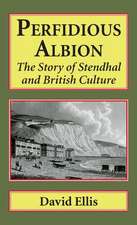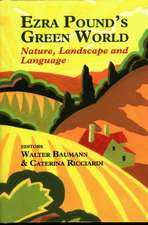Bird Relics – Grief and Vitalism in Thoreau
Autor Branka Arsi′en Limba Engleză Hardback – 28 ian 2016
Bird Relics traces Thoreau's evolving thoughts through his investigation of Greek philosophy and the influence of a group of Harvard vitalists who resisted the ideas of the naturalist Louis Agassiz. It takes into account materials often overlooked by critics: his Indian Notebooks and unpublished bird notebooks; his calendars that rewrite how we tell time; his charts of falling leaves, through which he develops a complex theory of decay; and his obsession with vegetal pathology, which inspires a novel understanding of the relationship between disease and health.
Arsic's radical reinterpretation of Thoreau's life philosophy gives new meaning to some of his more idiosyncratic habits, such as writing obituaries for people he did not know and frequenting estate sales, and raises important questions about the ethics of Thoreau's practice of appropriating the losses of others as if they were his own.
Preț: 460.47 lei
Nou
Puncte Express: 691
Preț estimativ în valută:
88.11€ • 92.24$ • 72.91£
88.11€ • 92.24$ • 72.91£
Carte tipărită la comandă
Livrare economică 05-19 aprilie
Preluare comenzi: 021 569.72.76
Specificații
ISBN-13: 9780674088474
ISBN-10: 0674088476
Pagini: 480
Dimensiuni: 169 x 239 x 35 mm
Greutate: 0.82 kg
Editura: Harvard University Press
ISBN-10: 0674088476
Pagini: 480
Dimensiuni: 169 x 239 x 35 mm
Greutate: 0.82 kg
Editura: Harvard University Press
Notă biografică
Descriere
Branka Arsic shows that Thoreau developed a theory of vitalism in response to his brother's death. Through grieving, he came to see life as a generative force into which everything dissolves and reemerges. This reinterpretation, based on sources overlooked by critics, explains many of Thoreau's more idiosyncratic habits and obsessions.
